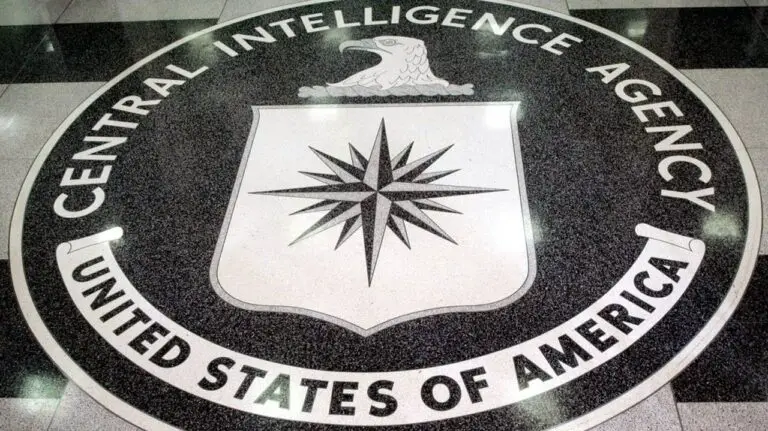Former CIA Engineer’s Conviction Mostly Upheld, Obstruction Charge Dismissed
A former CIA software engineer, Joshua Schulte, convicted for orchestrating the biggest theft of classified information in the agency’s history, has had his obstruction charge dismissed by a U.S. judge while the rest of his conviction remains mostly upheld.
Schulte, 34, was found guilty in July 2022 on charges of espionage, computer hacking, and lying to FBI agents. These charges stemmed from his involvement in leaking classified materials to WikiLeaks in what’s known as the Vault 7 leak. These leaked materials exposed the CIA’s methods of surveilling foreign governments and alleged terrorists by compromising their electronic and computer systems.
WikiLeaks began publishing these materials in March 2017, sparking a controversy that led to Schulte’s conviction. U.S. Attorney Damian Williams labeled the theft as “one of the most brazen and damaging acts of espionage in American history.”
Key Rulings from the Judge
U.S. District Judge Jesse Furman in Manhattan issued a 14-page decision regarding Schulte’s case. The judge found substantial evidence supporting Schulte’s convictions for espionage and hacking. However, he determined that Schulte’s alleged lies to FBI agents did not warrant the obstruction charge.
Judge Furman drew parallels between Schulte’s case and a 1995 Supreme Court decision (U.S. v. Aguilar), concluding that the lies Schulte told to investigators about matters relevant to a federal grand jury investigation did not meet the threshold for obstruction.
Motivation and Upcoming Trial
During the trial, Schulte represented himself, leading to his conviction. Prosecutors claimed that Schulte’s motivation for leaking materials was rooted in his resentment over how he believed the CIA had treated him before his resignation in November 2016.
Currently incarcerated at Brooklyn’s Metropolitan Detention Center, Schulte faces a second trial starting on September 11. He’s accused of possessing over 10,000 images and videos of child pornography. These materials were allegedly discovered in an encrypted container within his Manhattan apartment during the CIA leaks investigation.
While Schulte’s legal representative for the child pornography case remained unavailable for comment, Williams’ office declined to provide further information.
The case’s legal reference is U.S. v. Schulte, U.S. District Court, Southern District of New York, No. 17-cr-00548.

